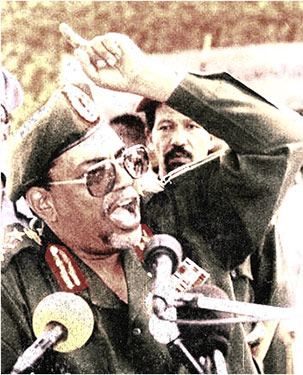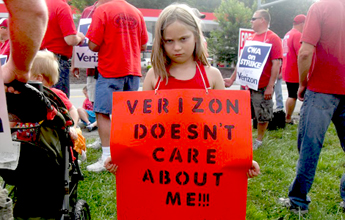Reprieve for Rojava?
US officials say the timetable for Donald Trump’s withdrawal of all 2,000 troops from Syria has been extended from 30 days to four months. The statements came a day after Trump met with his ally Sen. Lindsay Graham, a critic of the withdrawal order, who was apparently instrumental in getting the president to blink—amid the predictable irruption of blustering and face-saving tweets. This may apply some brakes to Turkish preparations to cross the border to expunge the revolutionary Kurdish forces in northern Syria’s autonomous zone of Rojava. Residents of the Rojava town of Kobane, near the border, have launched a “human shield” encampment to block any incursion by Turkish forces. At the border village of Qeremox, the unarmed encampment was organized by Kobane’s autonomous administration, and has been joined by international supporters. (Photo of Kobani women at the Qeremox encampment via ANF)





